On the afternoon of November 11, National Assembly deputies discussed in groups the draft Law amending and supplementing a number of articles of the Law on Citizen Reception; the Law on Complaints and Denunciations; the Investment Law (amended); and the Law on Drug Prevention and Control (amended). During the group discussion, the deputies were interested and spent a lot of time discussing and giving comments on the draft Investment Law (amended).

Commenting on the Investment Law (amended), Deputy Ha Sy Dong ( Quang Tri ) was interested in the preferential regulations and special investment support for large-scale technology and innovation projects. The Deputy said that the capital scale threshold set is very high compared to the capacity of most Vietnamese enterprises. Specifically, the innovation center project, R&D... must have a total capital of 3,000 billion VND, disbursed 1,000 billion VND/3 years; the chip manufacturing project, AI data center needs 6,000 billion VND, disbursed 6,000 billion VND/5 years. In reality, only very large corporations or FDI enterprises can reach this threshold. Many domestic startups and technology enterprises, although innovative but with small capital, will never enjoy this incentive, leading to disadvantages for domestic private investment - the group that the law aims to support.
Therefore, Deputy Ha Sy Dong proposed adjusting the quantitative criteria for special incentives to be more flexible to encourage domestic innovation, such as reducing the capital threshold for some high-tech projects of domestic enterprises, or adding qualitative criteria (for example, technology projects with inventions and breakthrough solutions recognized by competent authorities) to enjoy special incentives even when the investment capital is not as large as that of FDI projects.

At the same time, it should be stipulated that the Government can periodically review and lower capital standards for special incentives for emerging innovation sectors. This ensures that incentives do not only focus on “mega-projects”, but also support small and medium-sized enterprises and innovative startups - important drivers of the digital economy . This adjustment still maintains the goal of attracting high-impact projects, while expanding the scope of benefits for domestic private investors, promoting the comprehensive development of the innovation ecosystem.
Deputy Ha Sy Dong also proposed adding a separate section on “investment in innovative startups”, including preferential policies on tax and land; support for access to finance; testing mechanisms, along with regulations on business incubators. The Investment Law (amended) needs to clearly convey the message: Vietnam considers innovative startups as a driving force for development, thereby providing a suitable incentive and protection framework so that startups can confidently start and grow right at home, instead of letting them flow abroad.
Deputy Nguyen Manh Hung (Can Tho) also expressed his agreement with the urgent amendment of the Investment Law with four main objectives: strengthening decentralization and delegation of power; simplifying administrative procedures; reducing compliance costs and enhancing competitiveness through institutional reform.
Regarding the form of investment support, Deputy Nguyen Manh Hung suggested that the drafting agency and the appraisal agency consider adding two forms. One is to support the construction and application of a suitable and modern corporate governance model and provide software to support the conversion of governance forms. The second form of support, the Deputy suggested adding support for businesses to adapt to climate change and protect the environment, because some areas, such as the Mekong Delta, are highly sensitive to climate change; the impact is increasingly direct on the production and business of businesses.
Commenting on preferential investment sectors and preferential investment areas, Deputy Nguyen Manh Hung commented that the new draft clarified the preferential sectors, while the content on preferential areas was unclear. The Deputy suggested considering adding two groups of areas: areas with great difficulties in traffic infrastructure and ineffective logistics systems; and areas heavily affected by climate change and unpredictable natural disasters, negatively affecting business activities and people's lives.

Through studying the legal documents, Deputy Nguyen Thi Le (HCMC) said that the draft law has made innovations in the regulations on approving investment policies, which are simplified and decentralized more strongly to localities, especially the regulations allowing foreign investors to establish economic organizations, without requiring an investment project before establishment. Agreeing with the previous review opinion when saying that the above regulations could cause confusion, Deputy Nguyen Thi Le suggested that the drafting committee should review and clearly stipulate the authority, process, and coordination methods between agencies to ensure transparency when resolving investment policies.
Regarding the policy of perfecting regulations on investment incentive industries and areas, and special investment incentive policies, Deputy Nguyen Thi Le agreed with the Ministry of Finance when prescribing principles in the direction of attracting investment in key strategic industries and areas, and preferential investment areas, which will be regulated in investment laws, not in specialized laws, and assigning the Government to specify in detail the list of preferential industries and areas; at the same time, supplementing regulations allowing the Government to negotiate outstanding investment incentive policies to attract strategic investors.
In the draft law, the Government proposed to cut 25 conditional business lines, meaning they do not need a business license, including accounting services, rice export, temporary import and re-export of frozen foods, etc. The 25 lines will switch to applying a post-inspection mechanism to limit barriers to market entry for businesses and promote business freedom.
The Government also plans to abolish the procedure for approving foreign investment policies (authority of the National Assembly and the Prime Minister). Instead, projects with a scale of less than VND20 billion may only need to register foreign exchange transactions with the State Bank to transfer money abroad. Projects with a value of VND20 billion or more or in industries or professions with conditional foreign investment must carry out procedures for granting investment registration certificates.
The draft law also continues to promote decentralization and delegation of authority in approving investment policies; and continues to simplify procedures for approving investment policies.
Source: https://www.sggp.org.vn/dai-bieu-de-nghi-dieu-chinh-tieu-chi-uu-dai-linh-hoat-de-khuyen-khich-doi-moi-sang-tao-noi-dia-post822936.html



![[Photo] Prime Minister Pham Minh Chinh receives Lao Minister of Labor and Welfare Phosay Sayasone](https://vphoto.vietnam.vn/thumb/1200x675/vietnam/resource/IMAGE/2025/11/11/1762872028311_dsc-2246-jpg.webp)



![[Photo] Chu Noodles - the essence of rice and sunshine](https://vphoto.vietnam.vn/thumb/1200x675/vietnam/resource/IMAGE/2025/11/11/1762846220477_ndo_tl_7-jpg.webp)
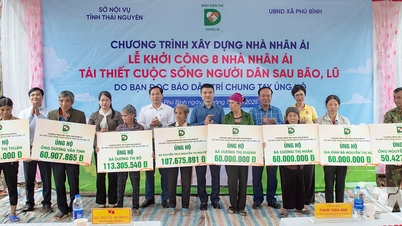

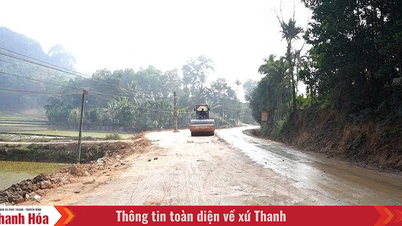












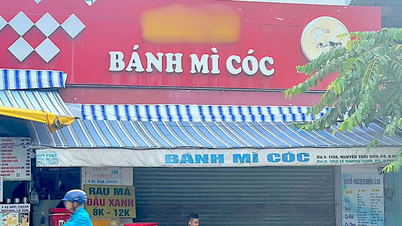
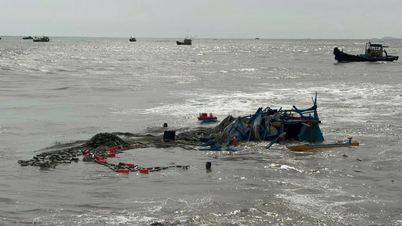
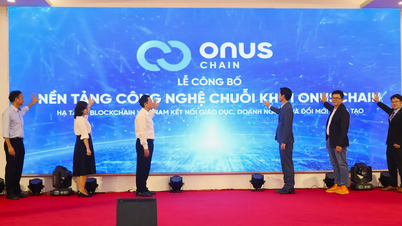





















































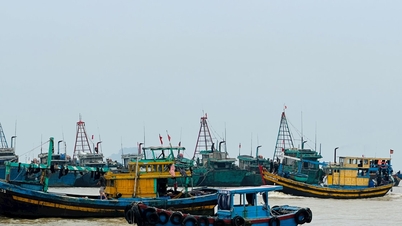

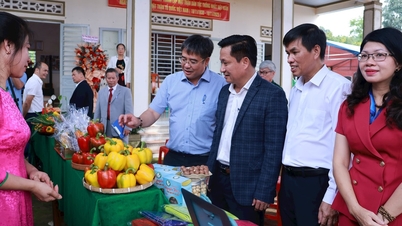
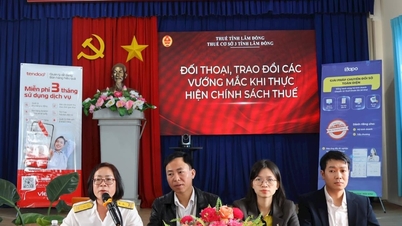





![Dong Nai OCOP transition: [Article 3] Linking tourism with OCOP product consumption](https://vphoto.vietnam.vn/thumb/402x226/vietnam/resource/IMAGE/2025/11/10/1762739199309_1324-2740-7_n-162543_981.jpeg)




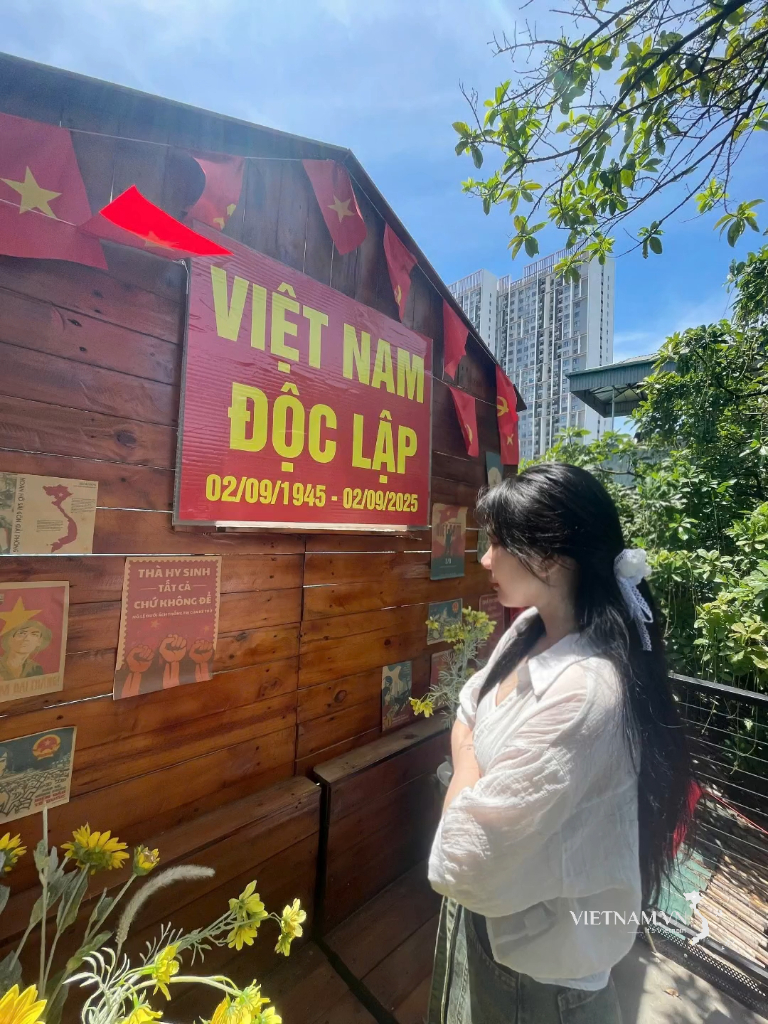

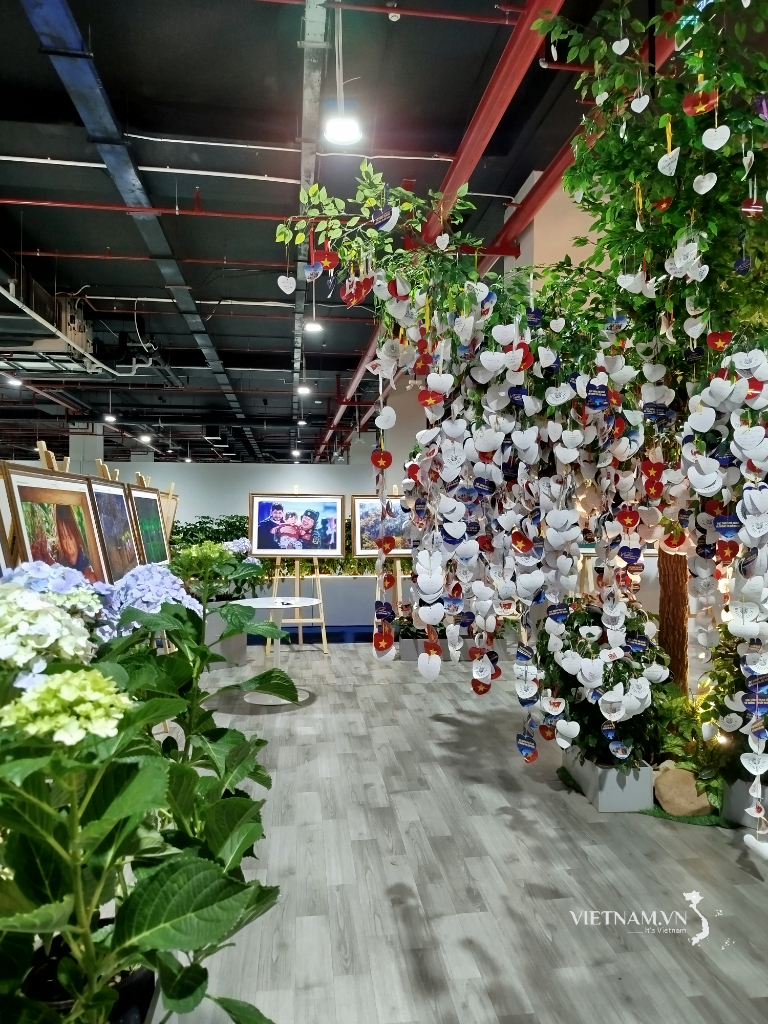

Comment (0)